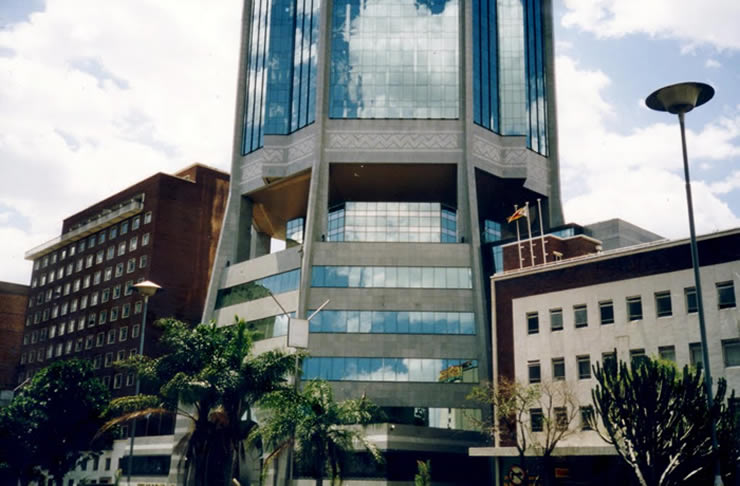
The Sunday Mail

Enacy Mapakame
THE Reserve Bank of Zimbabwe is sitting on more than US$250 million in foreign currency reserves, but the figure could be higher if money held by all local banks is taken into account, central bank chief Dr John Mangudya has said.
Monetary reserves are a nation’s assets held in foreign currency (cash) and/or commodities like gold and silver.
They are usually used to back up national currencies and provide a cushion for the central bank to ably exercise its functions that might include adding money supply in the economy or settling foreign exchange contracts in local currencies.
RBZ Governor Dr Mangudya told The Sunday Mail Business that the actual reserves were difficult to ascertain in a multi-currency economy.
“When we talk of reserves in a dollarised economy, it is difficult to define because you need to take into account what all the banks are holding and what the central bank is holding, that then becomes your national reserves. But in the case of what we are holding ourselves, we are at over US$250 million in reserves,” said Dr Mangundya.
It was also not possible to establish whether the US$100 million worth of Special Drawing Rights availed to the country by the IMF in September 2009 are part of the kitty.
Countries generally maintain reserves for meeting their international payment obligations, both short and long-term, including sovereign debts.
Reconciling reserves is fairly easy when a country uses its own currency unlike in a dollarised environment where banks can assess funds from different sources. Separately, Dr Mangudya indicated that the Deposit Protection Corporation would remain integral and relevant to the country’s financial landscape even in circumstances where the risk of bank failures was eliminated.
The approval of the Banking Amendment Bill will improve corporate governance of banking institutions and make them more responsive to customers’ needs. It is envisaged that the amendments will also result in greater transparency in shareholding and operations of banking institutions.
“Any country has a deposit protection scheme, it’s like insurance, the DPC is an insurance (firm). Just like housing insurance, your house may not get burnt in 20 years, but you still pay your premium. We may be clever now, but there are still some chances of failure and that is what DPC will be there for,” said Dr Mangudya.
In an earlier interview, DPC chief executive officer Mr John Chikura said there was abundant evidence that despite best supervisory efforts, banks could fail anywhere in the world, making an effective bank insolvency regime critical for stability.
“Humans catch pneumonia and go to hospital. Some get well and come back home but some die. Banks are no different; some fail and require a managed process of exiting the market. As such, a deposit protection scheme still plays a critical role even in a stable financial system,” said Mr Chikura.
Deposit protection is a scheme established by governments to protect depositors against loss of insured bank deposits in the event of a bank failure.
As an integral component of an effective financial safety net, a deposit protection scheme enhances consumer protection by providing explicit protection to depositors.



